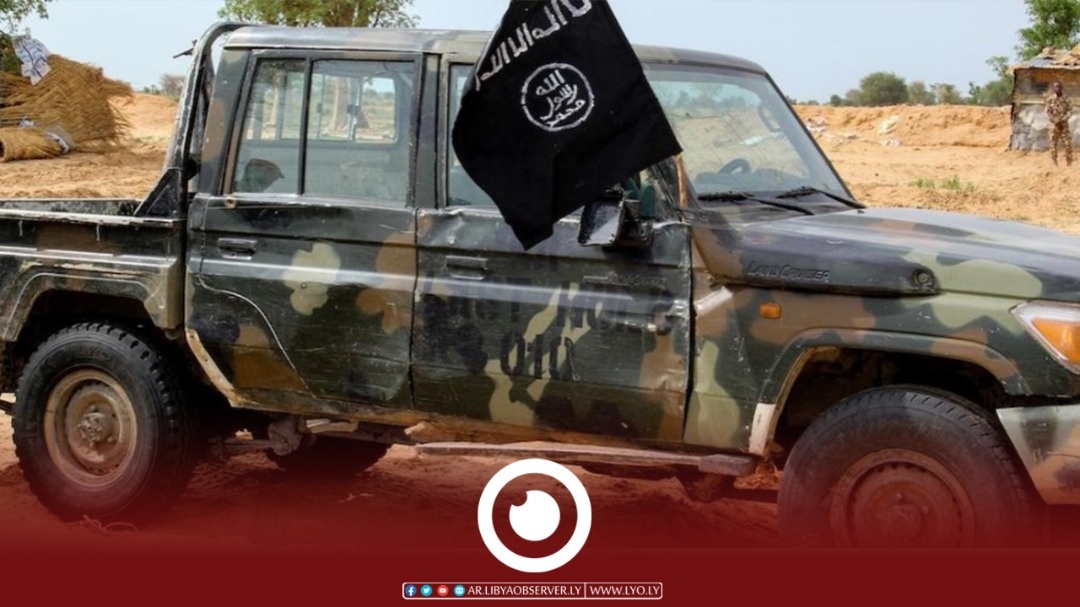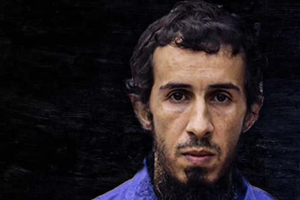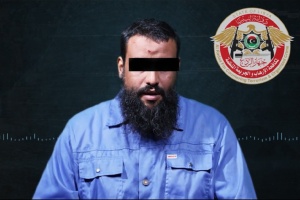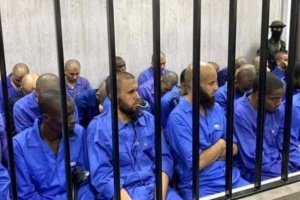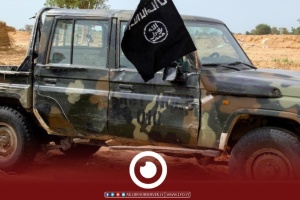The Secretary General of the United Nations (UN) Antonio Guterres has issued a new report warning that ISIS continues to operate in remote areas of south and southwest Libya, saying that its activities are funded by human trafficking and gold mining.
The report indicates that some ISIS fighters have traveled to gold mining areas in Libya and on the Libyan-Nigerien border. The United Nations Support Mission in Libya (UNSMIL) says that human trafficking and smuggling are the main source of income for the terrorist group.
The two issues are linked, as immigrants and refugees are detained and forced to work in illegal mines to pay for their trip to the north of the country.
The report adds that ISIS is cooperating with some Tebu tribes and their leader, Abdul Salam Derkallah, who provides protection for the group in the desert and mountain areas to help keep them off the radar.
The report estimates the number of ISIS fighters in Libya at approximately 150 to 400 active ones, including fighters from Chad, Nigeria, and Sudan. No recent terrorist attacks have been carried out by the group.
The report also says that the presence of Al-Qaeda in the Islamic Maghreb in Libya, where it has established and protected routes for transporting fighters, whether for transit purposes or as a hideout.
The group cooperates with some Tuareg residents in the southwest, near the Algerian and Nigerien borders, and is stationed in areas around the cities of Ubari, Ghat and Al-Oweinat, as well as along the Algerian border from Ghadames to the "El Salvador Triangle", which passes through the Akakus Mountains. The group aims to use southern Libya as a transit point to transfer fighters to its affiliated groups in Mali.

